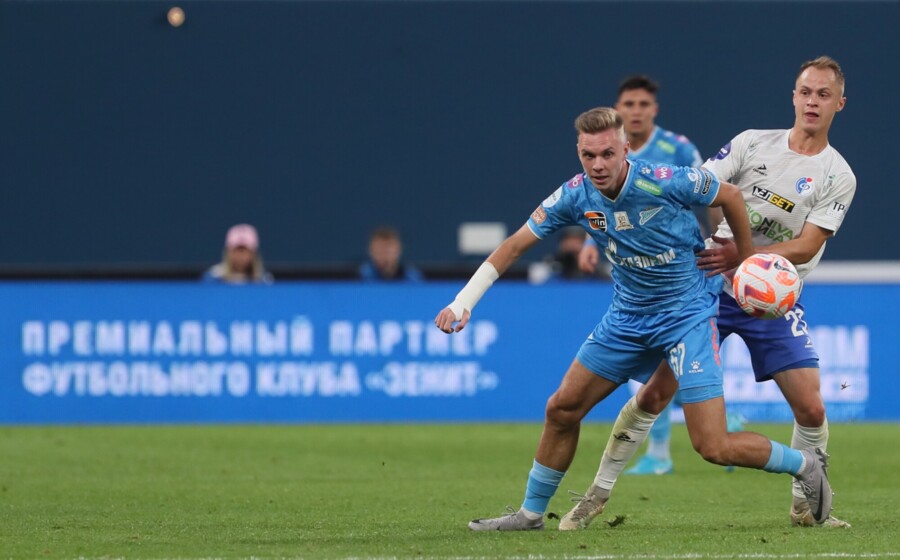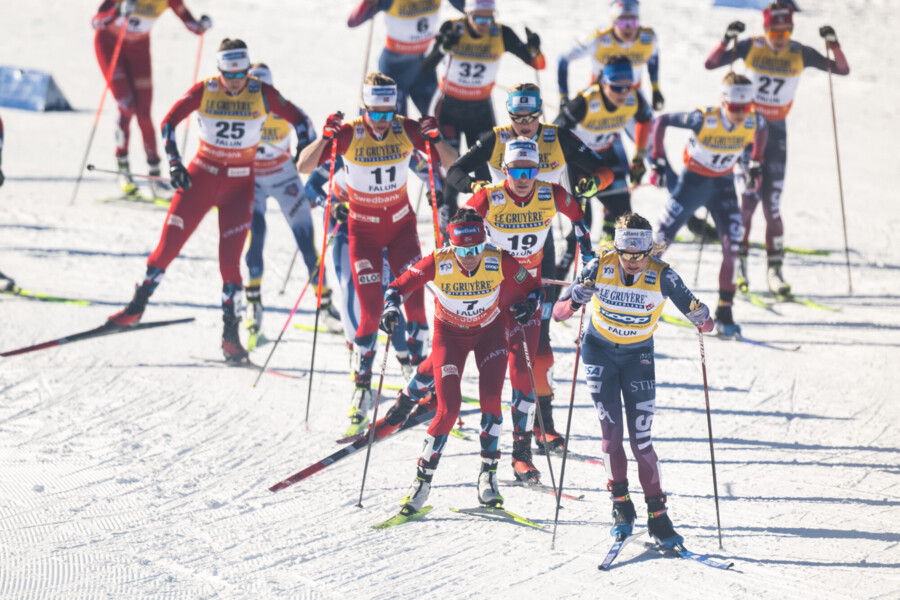Why do you think ski slopes in Europe have become so difficult? And this trend is gradually coming to us.
I’m talking about those pieces where professionals perform.
Yes, because they “add an element of unpredictability.” Which means they’re much more likely to fall on them. The majority of viewers are drawn to spectacular falls. Remember: the only chance a third-ten skier has of getting on TV is if he “breaks down” on the descent. That’s when the show’s producers immediately forget about the leaders and replay the show over and over again as the fictional Masha Ivanova crashes into the fence at full speed. That’s the picture, right?!
Or are the directors and producers wrong and viewers pay more attention to the “ski aesthetics”? Well, maybe yes, about five percent. But it is clear to everyone that this is an audience that can be neglected. Even if they don’t think so themselves, apparently.
Ask those who watched: which episode of the recent national summer biathlon championship did you most often watch in replays and online? Which one do you remember the most? It seems to me that Natasha Shevchenko fell into the penalty loop. Well, you remember me in the same row: that moment when in one of last year’s races they pumped me and carried me to the finish line.
Unfortunately, in motor racing, everyone is interested in accidents, and in football – in hard joints and injuries. I am afraid to see footballers rolling in pain on the pitch, doctors and stretchers. But I watch! Sometimes they show five minutes. And millions of other viewers watch TV all the time. Then, with my father in Kamchatka, a Zenit fan, we discussed: “Did you see how the ball hit Glushenkov’s hand? Horror, fracture, can you imagine?!”
It may not be the best quality of human nature, but it is one of the oldest. I read that the most revered and popular Olympic champions of antiquity were those who won the most dangerous events: chariot races and martial arts. Everyone already knows the gladiators of Rome.
And what is left for us, athletes from sports where collisions and falls are still the exception? The ability to maintain an interest in yourself and your sport outside of competition. What critics call “the long tongue.”
“The most talked about skier in the world in 2024 is Petter Northug. And that’s a problem.” This is from another famous skier I grew up with, Martin Sundby. The reality is that almost everyone has already forgotten Sundby, but people read and watch Northug regularly – he is a true master at maintaining his interest in himself (mind you, this is not a public call for dangerous driving and the use of all sorts of nasty things!).
Some of our sports fans naively believe that if they somehow convince the management of TV channels and put their favorite show on prime time all over the country, then everyone will get into this sport, a crowd of sponsors will come and in general everything will be fine for this particular sport. What is even more surprising is that some of my fellow athletes also believe this. They argued, but I could not convince them. I use this column to provide more arguments.
In winter sports, all countries are led, as is well known, by Norway. Indeed, the country of just over five million inhabitants regularly wins more medals at the Olympic Games than the USA, Germany or Russia, that is a fact. Especially in skiing.
And there they willingly broadcast, and partially still do, ski races on the country’s main public television channel, and even in prime time. Everything our traditional fans want and demand, right?
To begin with, in Europe, public television channels are not free: they are paid for directly by taxpayers. Do they really want to watch skiing, and not a TV series or a reality show? I have my doubts, but they will find out for themselves.
Popularization? So, every year, fewer and fewer children and adolescents in Norway participate in our sports – this is a clear trend. And sponsors, having studied the age and mood of the audience, have simply started to run away lately. Sparebank1 has been the main sponsor of cross-country skiing in Norway for ten years. But after the home world championships in Trondheim in 2025, the bank is saying goodbye to skiing. Finally, Stein Brugge, the bank’s vice president, responsible for all sponsorship programs, told the athletes the following (quoting VG.no):
“…Skiers need to understand that they are part of the entertainment industry. As a sponsor, we need our sponsored athletes to be active on social media…”
Let me translate from Norwegian: You don’t want to be part of the drama on the ski slope itself (who does)? Then be part of it beyond! Talk about your girlfriends, cars and dogs, play the guitar or saxophone, argue, reconcile, agree and disagree, express an opinion on all issues on which you personally have an opinion. And most importantly, do it loudly and publicly. Yes, like Northug. Or like Alexander Legkov. Who is closer and dearer to whom? Sports victories are just a background.
Viewers will always watch sports for the drama on the air and for the drama (of the main participants) outside the stadium or track. For the sake of aesthetic pleasure, they watch theater performances, documentaries, and broadcasts from concert halls and museums. The problem is that they do not watch. I recently read that the ratings of the wonderful Russia K (Culture) channel are close to absolute zero. As Dmitry Guberniev wrote to me: “If they do not watch Russia K, we are gradually becoming dumber, Nika…”. Agree. But this does not mean at all that it is not necessary to change. Otherwise, you can really slide into zero attention.
TV Match
More sports news in our telegram channel .
Source : MatchTV
I am Sandra Jackson, a journalist and content creator with extensive experience in the news industry. I have been working in the news media for over five years. During this time, I have worked as an author and editor at various outlets producing high-quality content that attracts readers from different demographics.




